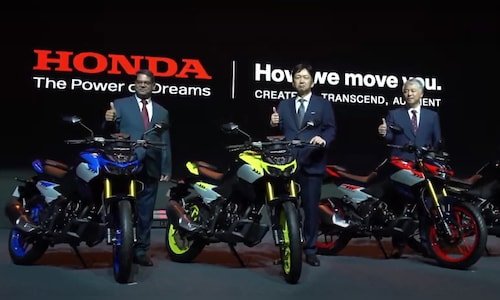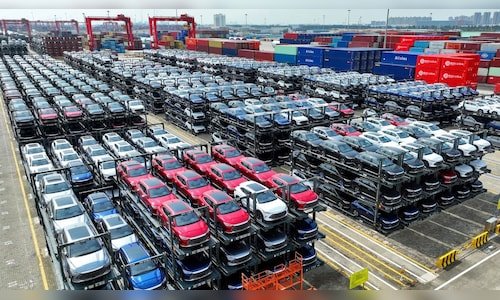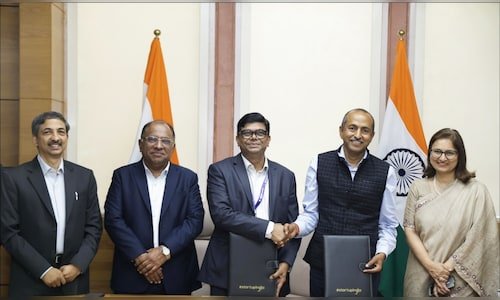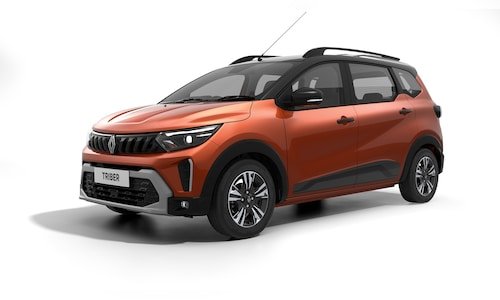China cuts ultra-luxury car tax threshold, hits 54% of Jaguar Land Rover’s Market
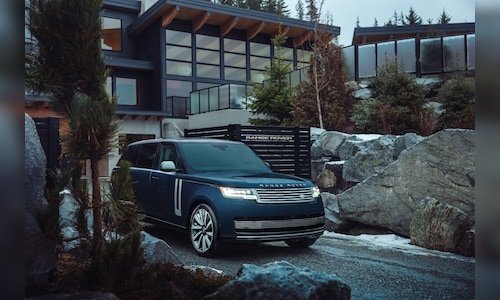
The policy now includes battery electric vehicles (BEVs), fuel cell vehicles (FCVs), and other new energy vehicles (NEVs), with the tax applied only at the retail stage, unlike traditional internal combustion engine (ICE) vehicles.
Second-hand luxury cars are exempt from this tax, regardless of their original price or registration date.The ultra-luxury car market in China is led by Mercedes-Benz with a 43% share, followed by Jaguar Land Rover (JLR) at 23%, and Porsche at 18%.
The policy now includes BEVs, FCVs, and NEVs, with the 10% tax applied at the retail stage, unlike the 1–40% production-stage levy on internal combustion engine (ICE) vehicles.According to analyst firm Kotak Institutional Equities, Jaguar Land Rover (JLR), a subsidiary of Tata Motors, faces significant challenges as many of its Range Rover and Defender models fall within the newly taxed CNY900,000–1.3 million price range.
Second-hand luxury cars are exempt from the tax, regardless of original price or registration date. The tax increase is projected to raise costs by 10%, potentially delaying consumer purchases.
Local competitors, such as BYD’s Yangwang U8 and Hongqi’s Jinkui Hua, are gaining traction in the million-yuan luxury segment, intensifying competition.
Foreign brands, including Porsche and Maserati, have already introduced significant discounts to maintain market share, even before the policy’s implementation.
China contributes a single-digit percentage to JLR’s revenue but is critical to its brand positioning. The tax hike exacerbates challenges in an already declining luxury market. Additionally, JLR faces 30% US tariffs on exports from its Slovakia plant, which accounts for one-third of its US volumes.
Discover more from News Hub
Subscribe to get the latest posts sent to your email.




